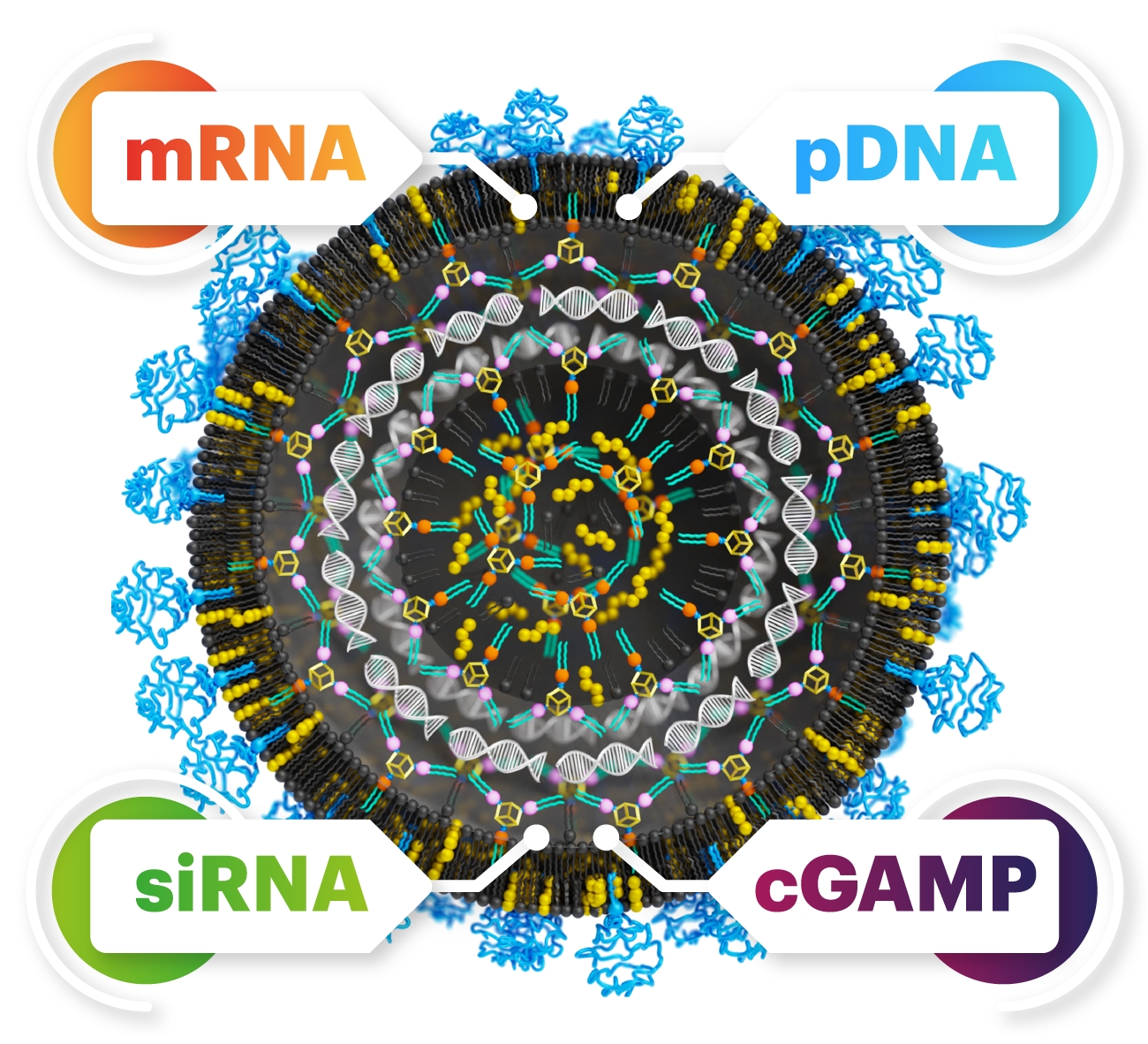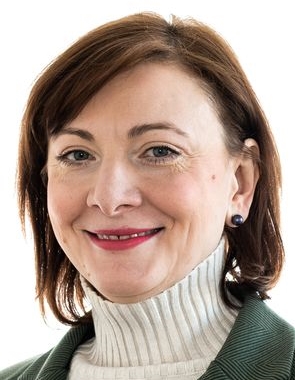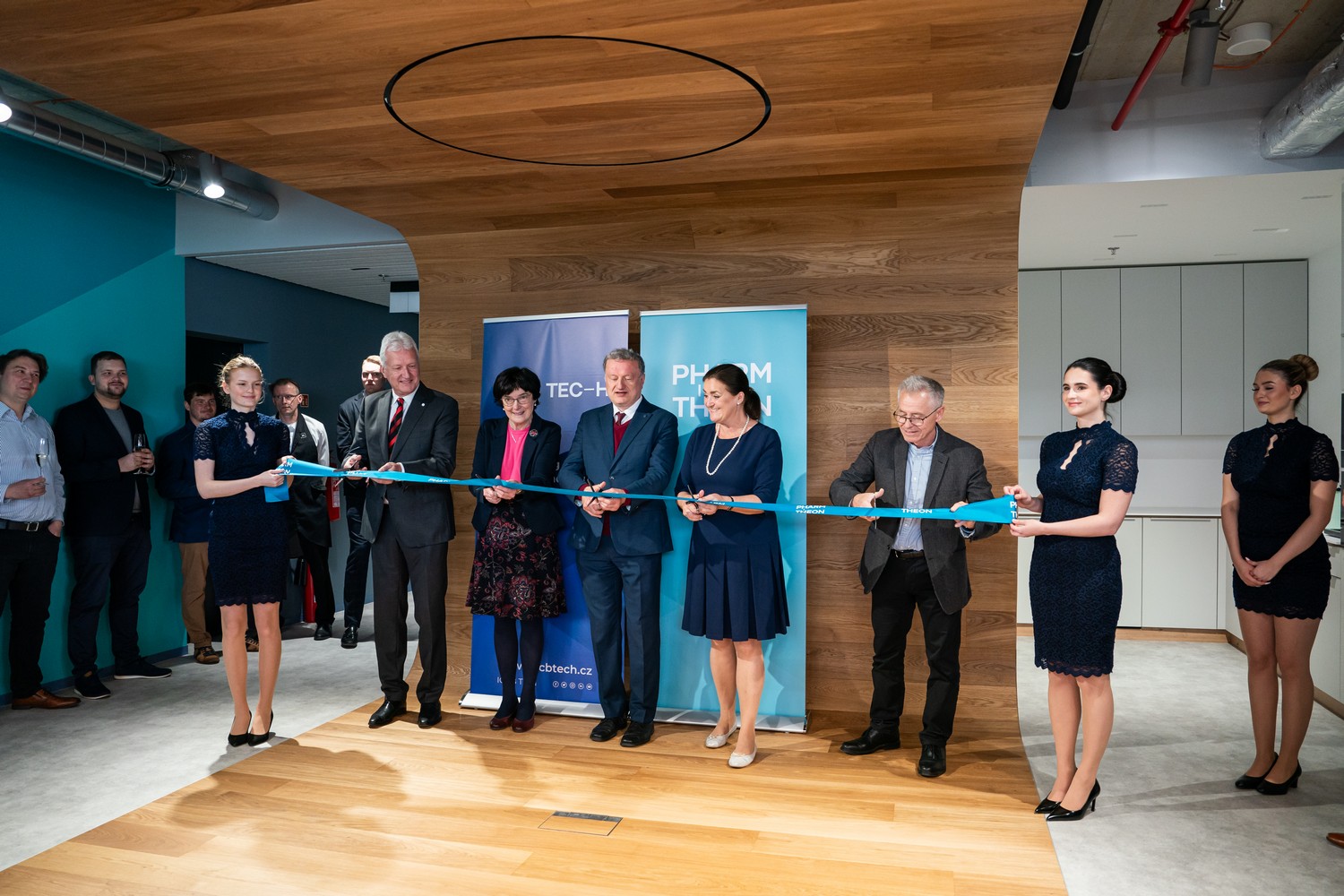New Czech company linked to IOCB Prague to enter global gene therapy field
Technology from the laboratories of IOCB Prague has been given an extraordinary opportunity to succeed in the rapidly developing segment of gene therapy. The results of successful research are set to be advanced by a newly established private company called Adalid Sciences, which is being supported with a major investment from BTL Group, a leading manufacturer of medical technologies.
The story begins with the discovery of new lipid nanoparticles with a comic book name coined by Dr. Petr Cígler and Dr. Klára Grantz Šašková of IOCB Prague. Acting as a sort of imaginary courier, their XMAN is capable of safely transporting nucleic acids, either the basic building blocks of DNA or the long strands of RNA, into cells. At the same time, the potential of such a molecular transport device is constantly growing because the field of gene therapy has recently been developing at break-neck speed. Nucleic acids can be used to suppress or, conversely, replace or directly repair incorrect genetic information, making it possible to fight diseases that are difficult to treat. They also play an important role in the development of vaccines, both those targeting infectious diseases as well as oncological ones.
Therefore, the new company, Adalid Sciences, has a unique opportunity to assume a permanent position in the global pharmaceutical market. This is also possible thanks to the extraordinary support provided by the IOCB environment, without which promising discoveries could hardly navigate the proverbial valley of death and have any hope of achieving commercial success. Professional support comes from the institute’s subsidiary transfer company, IOCB Tech, which helps bring promising scientific ideas to life.
“There’s something in the very DNA of our institute that inspires colleagues to not only engage in outstanding science but also to apply their results in practice. And we’ve been succeeding at this since the 1960s. Not only do Antonín Holý’s drugs have their predecessors, but they’ll hopefully also have their successors,” says IOCB director Prof. Jan Konvalinka. He continues: “I appreciate the fact that successful companies invest in modern technologies that can be beneficial to everyone. The contribution of IOCB Prague to this venture lies not only in our patent but also in our brilliant scientists. They’re truly among the best that Czech science has to offer.”



The investment that Adalid received from BTL is exceptional in the Czech milieu: a major manufacturer of medical technologies has promised to invest millions of euros. The technical director of BTL, Tomáš Drbal, explains why they decided to take this step: “BTL Group is a world leader in several medical fields, so strategic investments in related areas such as biotech and pharma are a good match for the group’s vision. The outlook for the industry and the product is especially important to us, but even more important are the people who develop it. The credibility of the scientific institution from which they come to Adalid, as well as their professional and personal qualities, played a crucial role in our decision to make the investment.”
Adalid is being founded by IOCB researchers Klára Šašková, who will serve as the director of the new company, and Petr Cígler. In addition, one of the founders is the physician František Sedlák. Klára Šašková explains why, in her opinion, Adalid has a chance to break through: “Our advantage is that we offer lipid nanoparticles, which have significantly better properties compared to existing ones. Furthermore, not only do our particles demonstrate higher efficiency, they’re also nontoxic and are well tolerated by organisms even after repeated administration. Now we face challenging preclinical testing and negotiations with commercial partners looking for a transport system for their therapeutic nucleic acid. The goal is to get our products into clinical trials as soon as possible and emerge as one of the major players in the global field of genetic medicine.”
The groundbreaking research was published three years ago in the scientific journal Advanced Functional Materials, with the study co-led by Petr Cígler, head of the Synthetic Nanochemistry research group at IOCB Prague, who has extensive experience in developing functional transport systems for nucleic acids. He explains: “With the XMANs, we’ve managed to design a family of molecules with exceptional chemical and biological properties. We’ve been modifying the basic structure over time to improve those properties. We now have a number of unique substances that, together with nucleic acids, are capable of forming therapeutically highly active nanoparticles.”
Gene therapy offers therapeutic options for a wide range of incurable diseases, and it is already helping many people. Examples include patients with spinal muscular atrophy, congenital visual disorders, hemophilia, or oncological diseases. Thanks to scientific advances, hope is dawning for millions of others, and not just those with rare congenital diseases. The new Czech company Adalid Sciences is poised to play a key role in this important segment of contemporary medicine.







